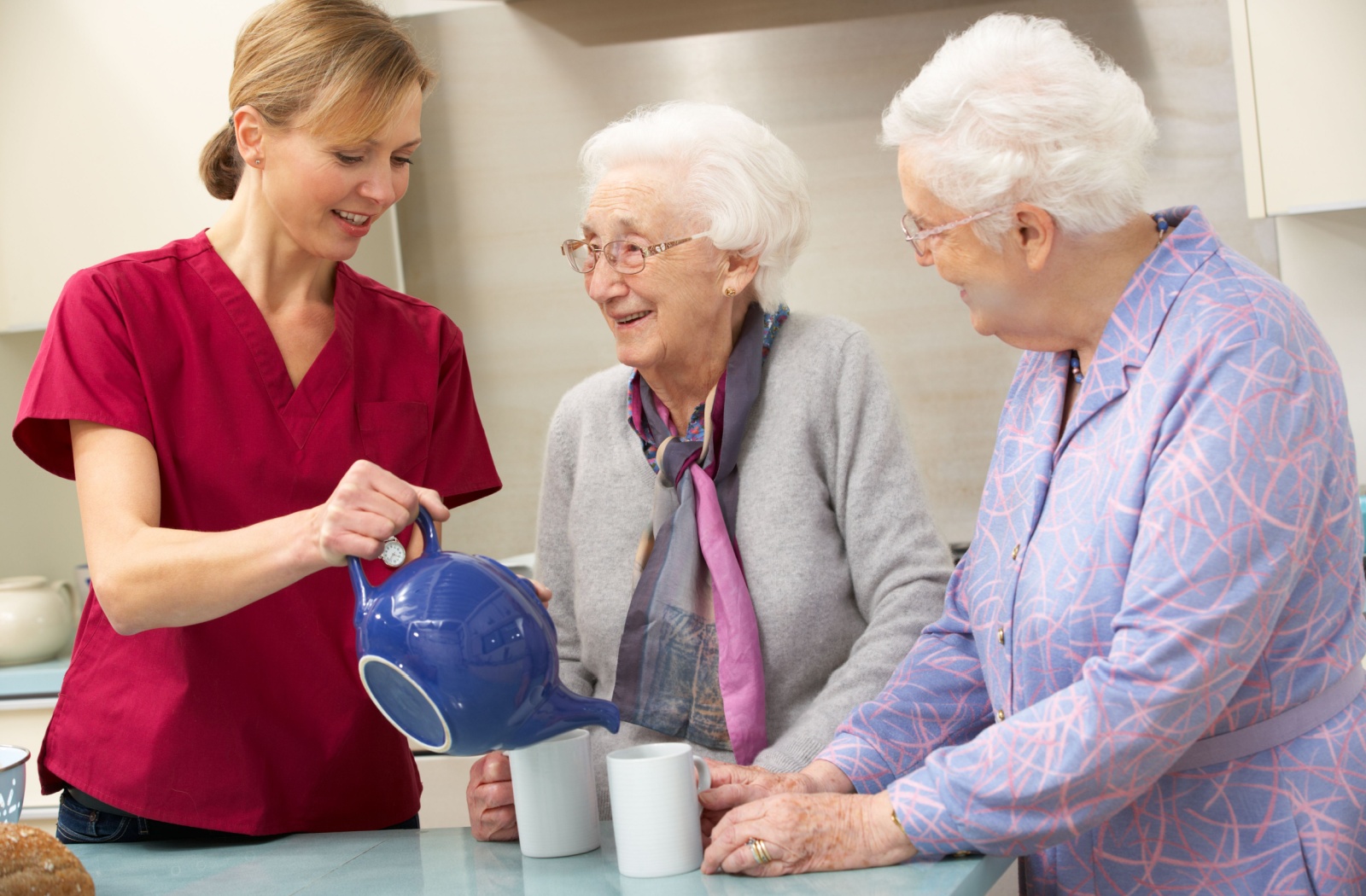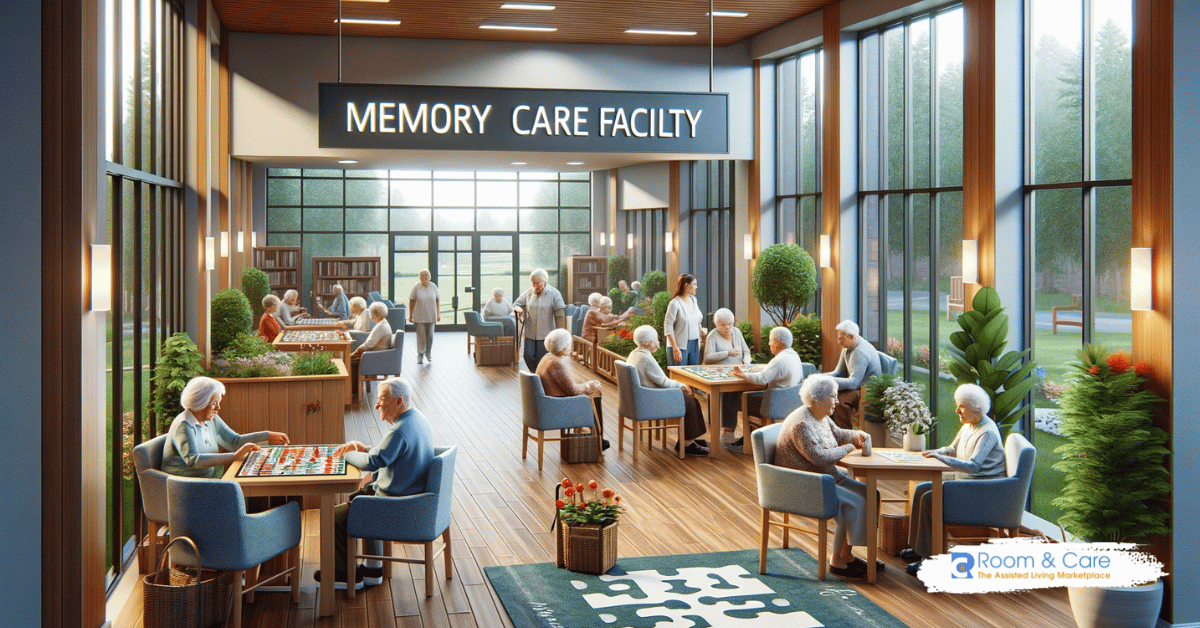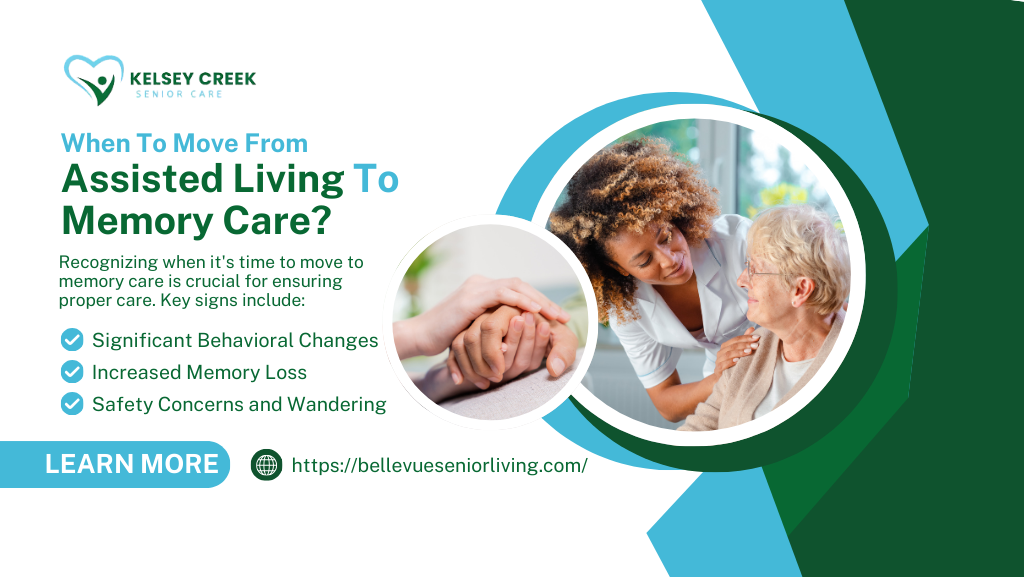Producing a Safe and Encouraging Environment for Alzheimer's Treatment
The creation of a supportive and secure atmosphere for individuals with Alzheimer's is critical in enhancing their high quality of life. Discovering these complex approaches can expose essential insights into efficient caregiving strategies that may transform the everyday experiences of both caretakers and clients.
Understanding Alzheimer's Needs
Often, people with Alzheimer's disease display a variety of needs that call for customized techniques to care. As the condition proceeds, cognitive decrease shows up in different means, influencing memory, reasoning, and also the capability to do daily tasks. Caregivers must acknowledge these evolving demands to offer proper support and ensure a better of life for those influenced.
One critical element of comprehending Alzheimer's needs is acknowledging the relevance of routine and experience. People often locate convenience in well established patterns, which can lower anxiousness and confusion. Caregivers must aim to develop structured daily timetables that include purposeful activities straightened with the individual's passions and capabilities.
In addition, efficient communication is extremely important. People with Alzheimer's may struggle to reveal themselves or comprehend complicated language. Caregivers should use simple, clear language, usage non-verbal hints, and method energetic listening to cultivate understanding and link.
Lastly, psychological and social requirements can not be overlooked. Giving possibilities for social communication and keeping connections can substantially improve emotional well-being. Caregivers ought to encourage interaction in area activities or family members gatherings, advertising a sense of belonging and function. Understanding these varied demands is essential for creating an encouraging treatment setting.
Designing a Safe Home
Creating a secure home for people with Alzheimer's illness is necessary to advertising and minimizing risks self-reliance. The style of the living area ought to focus on safety while permitting personal comfort. Initially, get rid of possible risks such as loose rugs, sharp items, and clutter, which can result in falls or accidents. Guarantee that pathways are clear and well-lit, as appropriate lighting minimizes disorientation and boosts movement.
Integrating flexible attributes is also vital. Mount grab bars in restrooms and near stairs, and think about making use of non-slip floor coverings in damp areas. In addition, using contrasting colors for walls and floors can assist in identifying spaces, assisting to alleviate complication.
Familiarity is necessary for people with Alzheimer's. Customizing the environment with familiar things and photos can strengthen a feeling of belonging and safety - Alzheimers Care Charlotte. It is additionally advantageous to have actually an assigned location for everyday tasks, such as reading or crafting, which can offer structure to their day
Finally, implementing a protected exterior area permits for risk-free expedition while linking with nature. By thoughtfully creating the home setting, caretakers can considerably improve the lifestyle for individuals coping with Alzheimer's illness.
Enhancing Interaction Abilities

Non-verbal interaction, consisting of facial expressions, motions, and touch, plays an essential function in sharing compassion and understanding. Keeping eye contact and a tranquil demeanor can boost the convenience level of the person, advertising a feeling of security.
Furthermore, it is very important to exercise energetic listening. This involves being totally present, revealing perseverance, and permitting the individual to express themselves without interruption. Rep may be necessary; caretakers must be prepared to review his comment is here inquiries or topics, as people with Alzheimer's might battle with memory recall.
Furthermore, making use of visual aids or cues, such as pictures or acquainted objects, can facilitate recognition and interaction. Inevitably, boosting communication skills has to do with developing count on and developing an environment where individuals feel listened to, valued, and comprehended, consequently enhancing their lifestyle.
Urging Social Communication
Promoting purposeful social interactions can significantly enhance the wellness of people with Alzheimer's condition. Engaging with others not just aids fight feelings of isolation but also promotes cognitive function and emotional health. Structured social activities, such as team arts, games and crafts, or music therapy, produce chances for residents to get in touch with peers and caregivers, which can lead to enhanced state of mind and reduced stress and anxiety.
Developing a welcoming environment that motivates socialization is essential. This can be accomplished by setting up public rooms that help with interaction, such as cozy seating locations or activity spaces. In addition, including culturally pertinent and acquainted activities can urge and stimulate memories engagement, allowing individuals with Alzheimer's to really feel more connected to their previous experiences.
Furthermore, caregivers ought to be trained to recognize and promote social involvement among locals. By prioritizing social interaction, we can considerably enrich the lives of those living with Alzheimer's, fostering a feeling of community and belonging.
Supporting Caregiver Wellness

To support caretakers, companies should offer regular training and instructional sources to enhance their understanding of Alzheimer's disease and caregiving strategies. Providing accessibility to break care services enables caretakers to take needed breaks, decreasing stress and anxiety and fatigue - Alzheimers Care Charlotte. In addition, fostering a neighborhood via support system can assist in emotional sharing and the exchange of sensible suggestions amongst caretakers, developing a network of mutual support
Psychological health and wellness sources, such as therapy services, can also be essential in addressing the psychological toll caregiving can take. By focusing on caregiver well-being, we produce a more sustainable caregiving environment that not only benefits the caretakers themselves yet likewise enhances the general quality of care received by like it people with Alzheimer's. Inevitably, supporting caretakers is a necessary component in cultivating a efficient and compassionate care setup.
Conclusion
To conclude, the creation of a secure and supportive atmosphere for individuals with Alzheimer's is vital to boosting their lifestyle. By prioritizing safety via thoughtful style, fostering psychological well-being with acquainted components, and advertising involvement with structured regimens, caretakers can considerably impact the overall experience of those affected by this problem. Moreover, supporting caretaker well-being is critical, as it inevitably adds to a more caring and efficient treatment environment.
Repeating might be needed; caregivers need to be prepared to revisit inquiries or topics, as individuals with Alzheimer's may have a hard time with memory recall.
